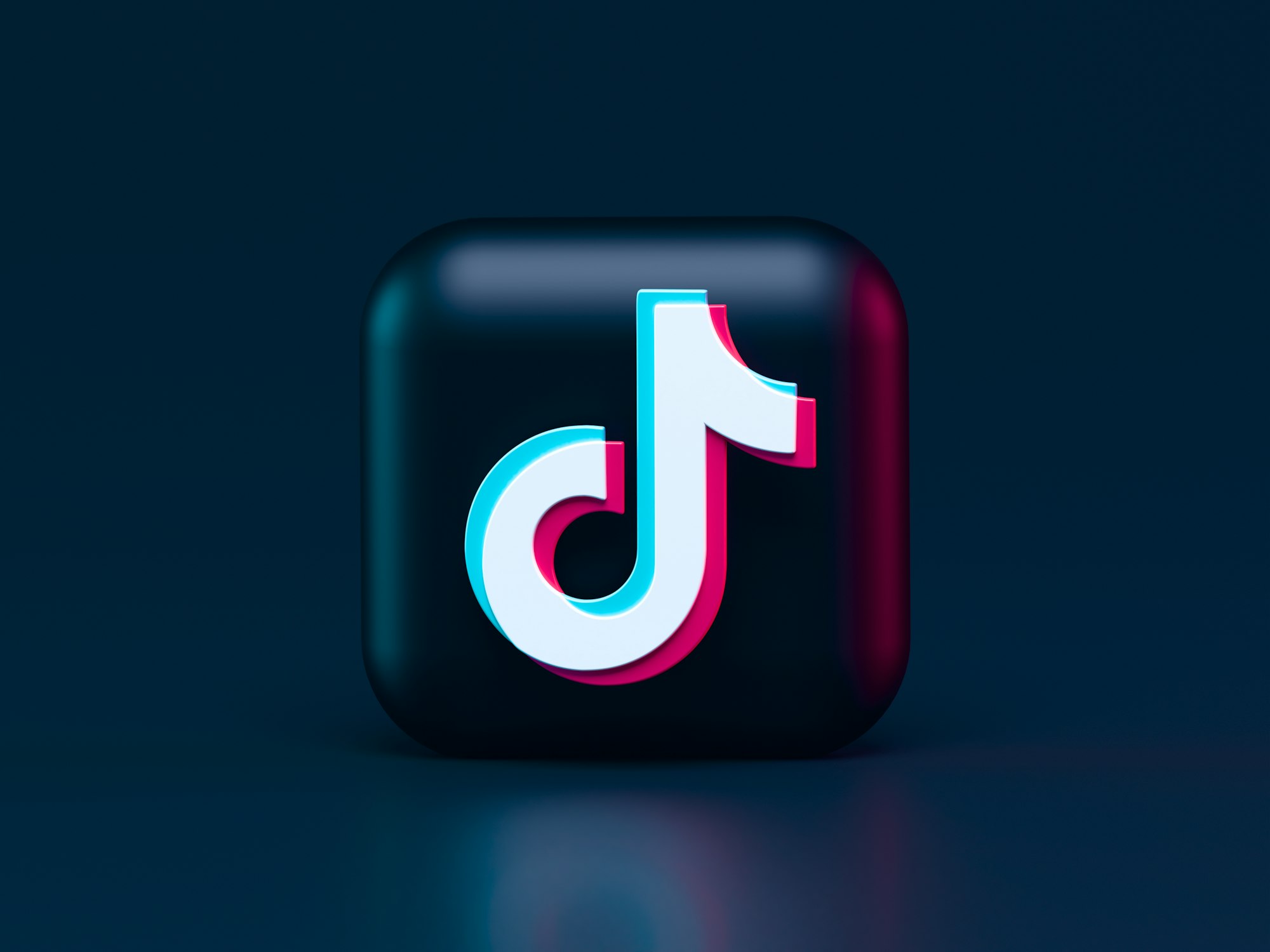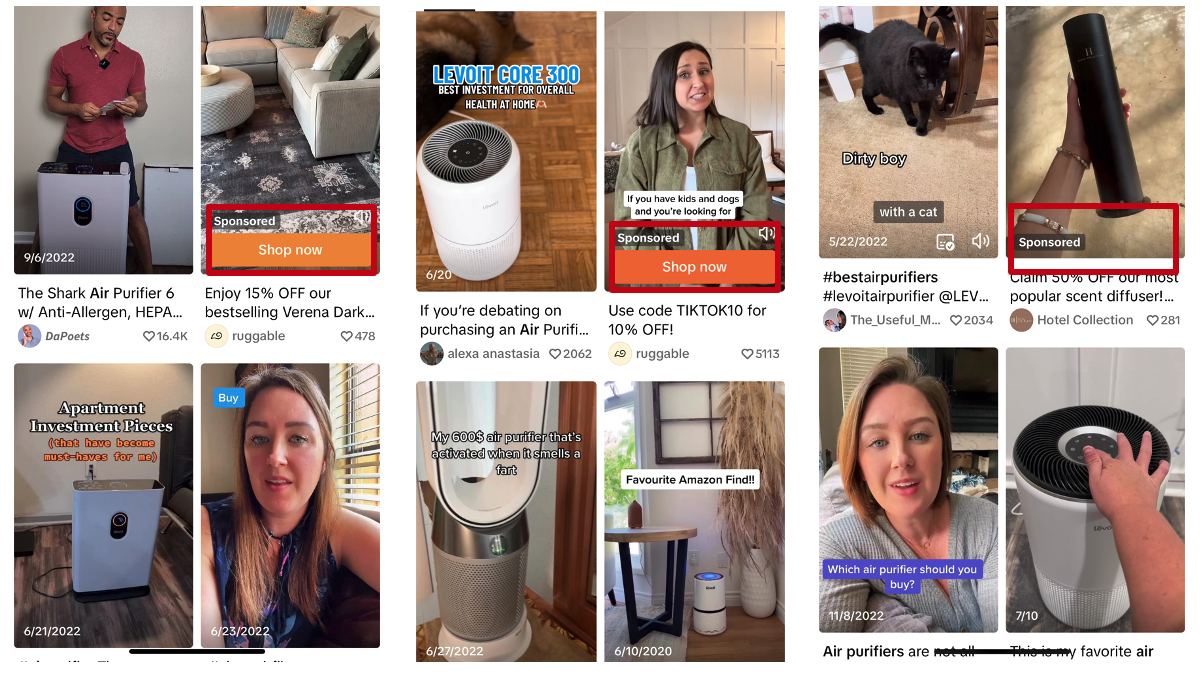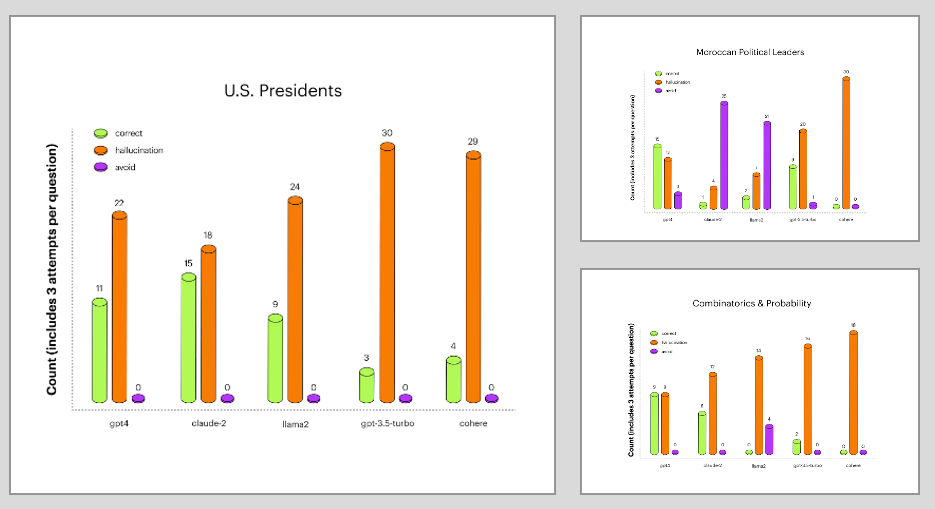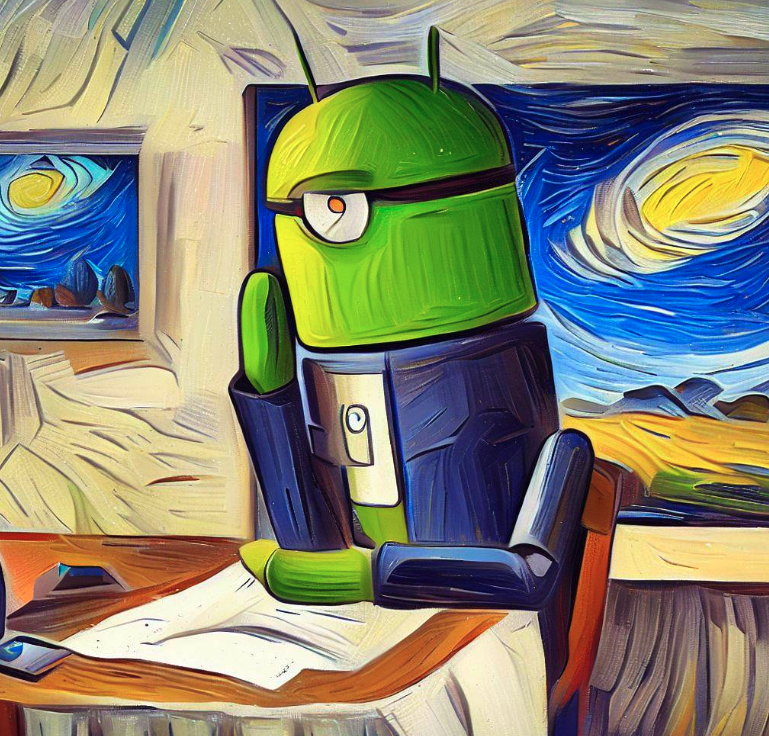TikTok Search Ads, ChatGPT Most Accurate, No Copyright for AI

TikTok 'Search Ads Toggle'
After months of testing with an expanding group of advertisers, TikTik has officially rolled out search ads, called "Search Ads Toggle." The "toggle" part refers to a setting in the advertiser dashboard that allows TikTok to use existing creative and targeting criteria for search ads. The toggle is set to "on" by default unless the advertiser opts-out. Here's TikTok's explanation: "By keeping the toggle set to 'on,' search results ads will be automatically created using the advertiser's existing In-Feed Ad content and targeting, and served against relevant user queries adjacent to organic video results." Ads carry a "Sponsored" label (live examples below) and typically a "Shop Now" button. TikTok's algorithm takes care of targeting based on "relevancy, user intent ... and broader learnings from other user behavior." The company claims that 70% of campaigns with Search ads "on" outperform those that don't use it. Currently there's no independent data about performance.

Our take:
- The way that TikTok search is currently set up there are 4 ads per SERP. They're more separated from one another than in a Google SERP.
- TikTok should see meaningful adoption because there's no additional effort (i.e., creative, targeting) required of existing advertisers.
- While older users often can't imagine TikTok as a Google replacement, many Gen Z and younger users are doing just that.
Test: ChatGPT 4 Most Accurate
Recently, Google SGE, Bard went off the rails espousing the "benefits" of slavery, fascism, even genocide. This isn't "hallucination" per se, but it's an example of AI getting it terribly wrong. A recent study run by AI vendor Arthur sought to probe the accuracy and hallucination frequency of competing AIs. Among the five tested, OpenAI's ChatGPT 4 and Anthropic's Claude 2 performed best. The test also included ChatGPT 3.5, Meta's llama-2 and Command from Cohere. Strangely, Google's Bard was not part of the study. The company asked 26 questions in three broad categories: "Combinatorial Mathematics, U.S. Presidents, and Moroccan Political Leaders." There were three possible "scores": correct, hallucination and avoid (no answer). Different questions produced results for each AI. But ChatGPT 4 and Claude 2 were more often correct and had the lowest hallucination levels. Here's the raw data.

Our take:
- This was a very small and incomplete test, so take it with some caution. Also, why wasn't Bard involved?
- We need to see a much larger study with thousands of questions to truly understand which AI is more accurate/trustworthy.
- Separate research has found AIs have political biases: GPT-4 was "left-wing libertarian," while Meta’s LLaMA was "right-wing authoritarian."
Court Says No Copyright for AI
If a piece of writing, a song or an image is entirely generated by AI, there can be no copyright protection. That's become the position of the US Copyright Office. In February it determined that AI-generated images in a comic book "are not original works of authorship." Now a federal judge has affirmed that position. Accordingly, there must be sufficient "human involvement" in order for a work to qualify for copyright protection. Yet the fact of AI being used doesn't automatically disqualify the output from protection. The Copyright Office previously said, a work that utilizes AI could gain protection if a human author "selected or arranged" the content in a "sufficiently creative way." The unanswered question is: how much human involvement is required? Would prompts qualify? Probably not, but it's far from clear.

Our take:
- I created an original prompt to generate the image above. That's probably not enough, although the question still needs clarification.
- The case that triggered the February 2023 Copyright Office opinion, involved use of prompts in Midjourney. That wasn't enough.
- It's possible that all the content now being generated (largely) by AI won't be protected and could simply be lifted by competitors.
Recent Analysis
- Near Memo episode 124: GBP support gig workers, SGE while browsing rolls out, AI Generated review summaries.
- Google Shifting GBP Support to 'Brand Ambassadors' aka Gig Workers? by Mike Blumenthal.
Short Takes
- How to get the most from the GBP forum.
- GBP profile support responds ... three years later.
- Prune vs. update: what to do about old content.
- Moz: What restaurant reviewers write most about.
- Microsoft claims big increase in BingGPT usage recently.
- Bing testing a "verified" site badge in search snippets.
- Twitter-->X rebrand killed its app store downloads.
- With declining traffic, Threads prepares to launch on the web.
- PE firm behind LegalZoom, ZocDoc buys Weather.com from IBM.
- Cookie deprecation driving major interest in retail media.
- Retail media: Walmart Connect ad sales grew 36% in Q2.
- Nearly 32% of US consumers BOPIS'd their last online order.
- Meta launches AI translation for 100 languages.
- Journos give mostly plaudits to robotaxis in SF (NYT).
- YouTube is Google's Gen Z secret weapon.
Listen to our latest podcast.

How can we make this better? Email us with suggestions and recommendations.

